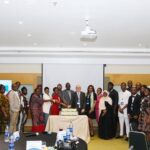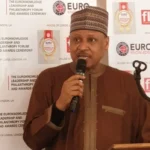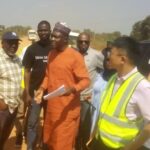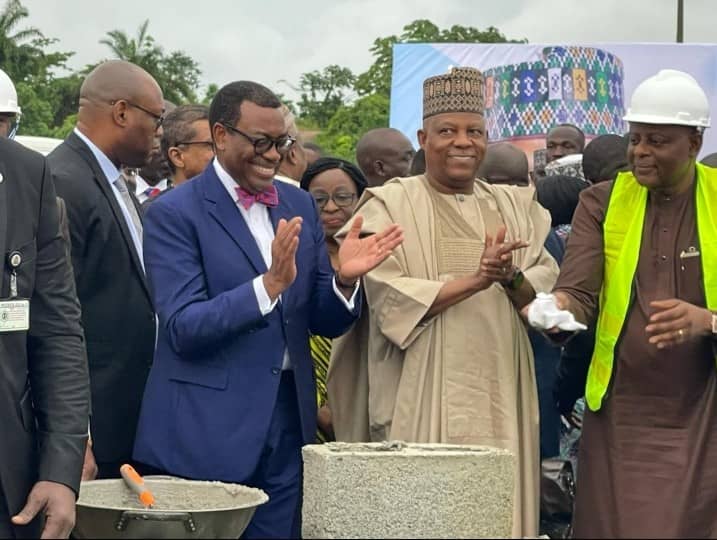2025 budget delay: Tinubu’s policies on track – Agbese
By Emmanuel Oloniruha The Deputy Spokesman of the House of Representatives, Rep. Philip Agbese, has dismissed criticism over delays in implementing the 2025 budget. Agnese lauded President Bola Tinubu’s administration for its focus on transparency and sustainable economic growth. Speaking to the News Agency of Nigeria (NAN) on Friday, heContinue Reading
















